7 Snacks Experts Say Could See a Major Price Spike This Fall
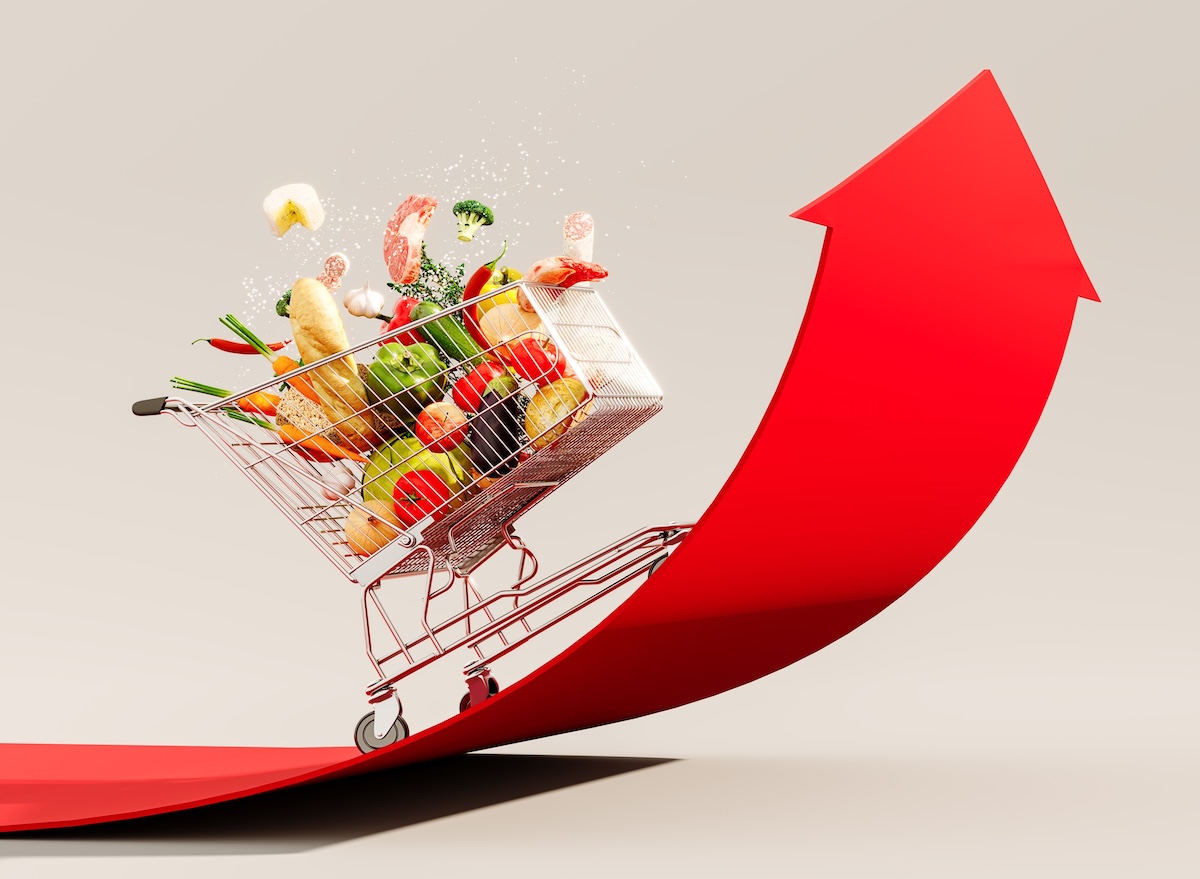
With President Trump’s tariffs going into effect on August 7, U.S. customers should expect to see higher prices on specific imported items this fall. This will not only impact groceries, medications, drinks, and household staples, but could make some non-necessities more expensive. So which products might become unaffordable? Here are seven snacks experts say could see a major price spike this fall.
Bananas
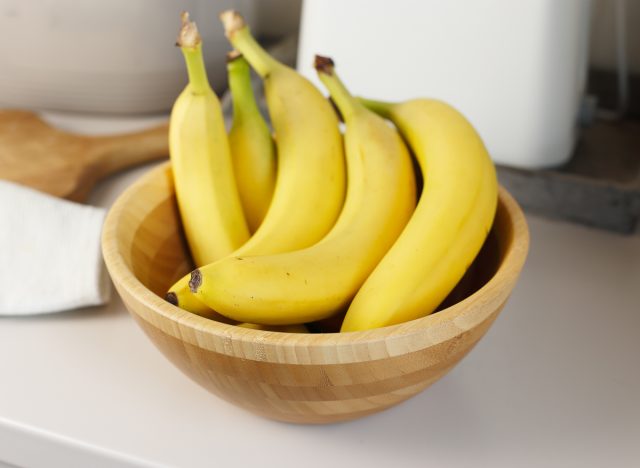
Bananas could become more expensive due to tariffs. “In 2023, the US imported over $2 billion worth of bananas, mostly from Guatemala and other Central American countries,” says the Tax Foundation. “The US has a limited ability to produce bananas, with few locations possessing the proper climate.”
Chocolate and Candy
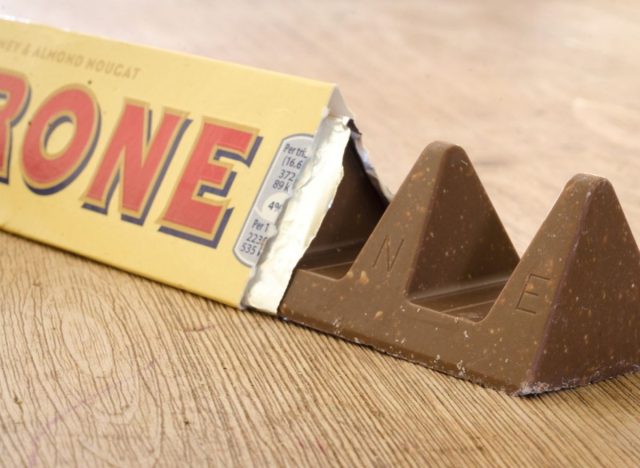
The 39% tariff levied against Switzerland could make chocolate-based snacks like Toblerone and Lindt unaffordable. “I think even if prices for Swiss chocolate increase due to the very high tariffs, I think it’s worth (it) to buy Swiss chocolate,” Roger Wehrli, chief executive of the Association of Swiss Chocolate Manufacturers, told AP. “It’s worth (it) to really eat it consciously and to really enjoy it instead of eating a lot.”
Japanese KitKats
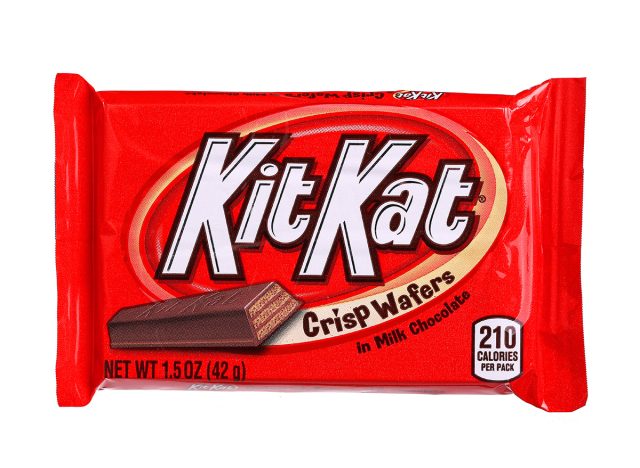
Japanese KitKats could sour in price as a result of tariffs. “I can understand bringing manufacturing and bringing things back to America, but you know, we rely on raw materials that just aren’t native to our country,” Mitchell Cohen of the New York-based Economy Candy store tells AP. “And it’s not like I can get a green tea Japanese Kit Kat from an American company.”
Cashews
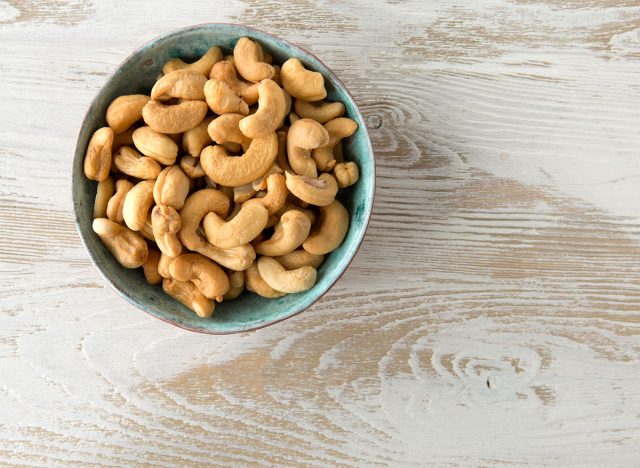
The U.S. imports a significant amount of nuts and cashews from Vietnam, which has been hit with a 20% tariff. “The uncertainty is going to mainly affect the US market, no matter what the tariffs are. Some big buyers in the States are really concerned. They are willing to buy cashews from Africa but no one really knows going forward what the tariffs will be there,” a global trader told Expana.
Coffee-Based Snacks
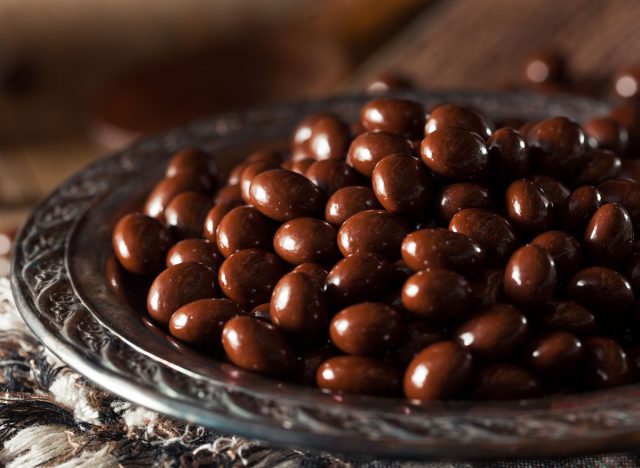
The 50% tariff against Brazil could impact coffee prices and coffee-based snacks, like chocolate-covered coffee beans. “Brazil sets the benchmark for coffee pricing, both on the ICE futures market and in physical differentials,” says Italo Henrique, Commercial Director at Expocacer in Brazil. “A disruption of this scale would create turbulence, particularly in the short term, as the US market adjusts. However, the idea that other origins can readily replace Brazil is flawed.”
Smoked Salmon
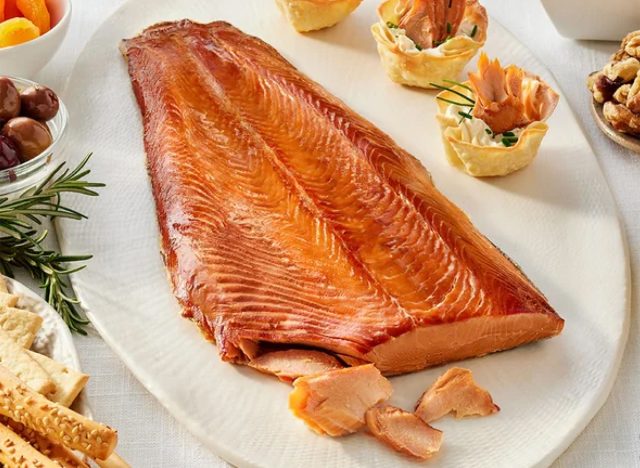
Norway’s 15% tariff could impact the price of Norwegian farmed smoked salmon in the U.S. “This 15 percent tariff gives Norway worse market conditions compared to, for example, our British competitors in the US market,” said Geir Ove Ystmark, CEO of the Norwegian Seafood Federation, in an interview with IntraFish.
Imported Cheese and Wine
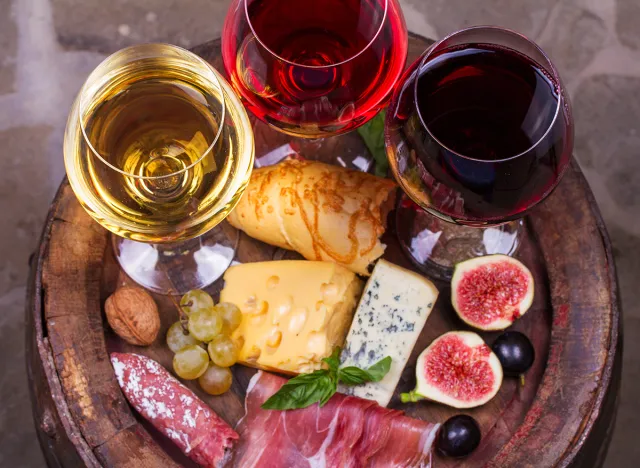
Your fancy charcuterie board could get a lot more expensive, experts warn. “You can’t make French wine in, say, California because then it ceases to be French wine,” said Alex Durante, an economist with the Tax Foundation. “To that extent, consumers might have limited availability to switch to alternatives and they might just simply continue paying the tariff burden prince.”